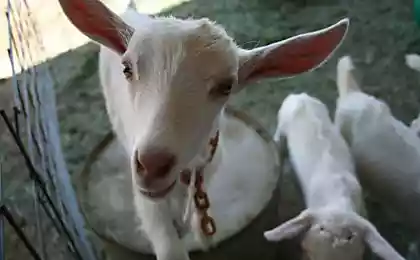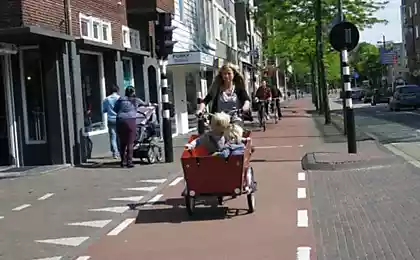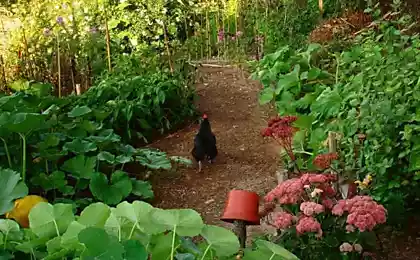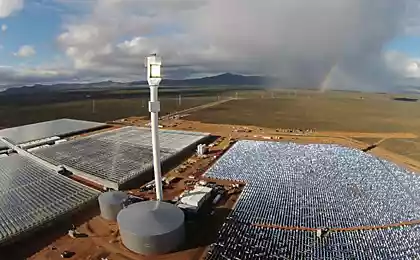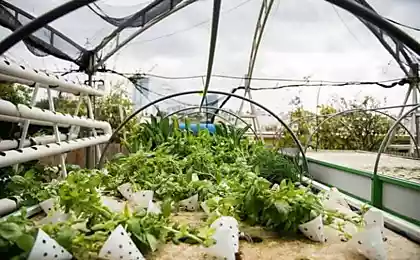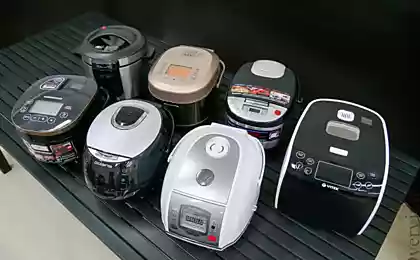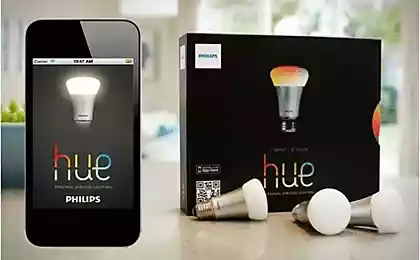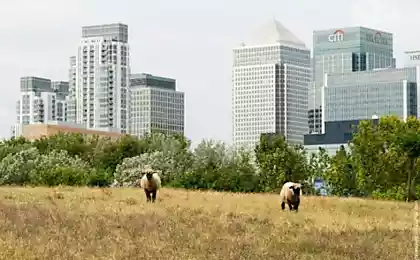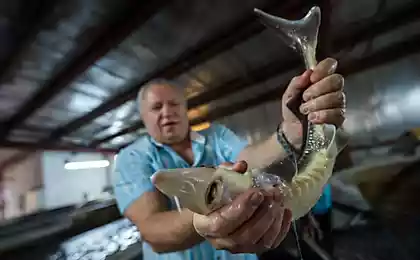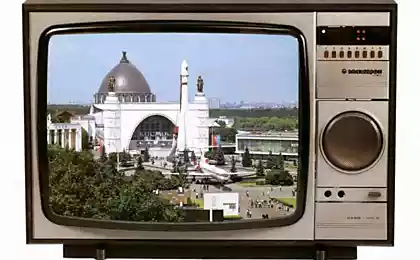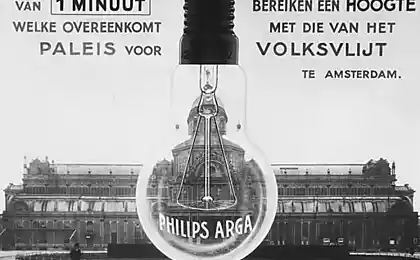132
Philips home farms could save humanity from food crisis
The population of the planet Earth is growing rapidly every year. Agriculture and the food industry are actively developing, as more and more food is needed every year to feed humanity. But we all know that sooner or later there will come a time when there is simply not enough food for everyone. And we are talking not only about the people of poor countries, which already have a hard life, but also about fully developed countries. The food crisis is only a matter of time. It is better to start looking for alternative ways to grow food.
Philips is well known to Russian consumers due to its home appliances. It was the engineers of this Dutch company who proposed their own solution to the problem of food shortages. You can grow food right at home with a special LED light, which replaces the plants with sunlight.
Philips has already built and launched a small farm GrowWise City in the Netherlands, where on an area of about 230 square meters, the company’s specialists develop schemes for growing crops under the light of LED lamps. Potentially, this development will allow farmers of the future to grow food all year round, despite weather conditions and other external factors that sometimes lead to crop loss.
Each plant requires individual adjustment of the lighting system for itself. It is the solution to this issue that takes most of the working time away from the employees of the GrowWise City farm. Vegetables on the farm grow without the use of any pesticides, which is sure to please fans of clean organic food.
The farm has eight rooms with different climates. Each of them is filled with four-storey racks with Philips GreenPower branded LED lamps installed on them. At the moment, scientists grow mainly various salads, as well as strawberries. But they will soon shift their focus to more valuable crops like potatoes and wheat.
Our challenge is to develop technology that allows people to grow tasty and healthy food anywhere. Our methodology does not imply harmful emissions into the atmosphere, any waste or the cost of transporting vegetables. Plus, this technology practically does not consume water and land, says project manager Gus van der Feltz in a press release.
But, as mentioned above, it is not just about growing delicious and healthy food. First of all, the project is aimed at preventing a food crisis on our planet. Who knows, maybe in the future each of us at home will have a mini-farm with fresh and healthy products.
P.S. And remember, just changing our consumption – together we change the world!
Source: hi-news.ru
Philips is well known to Russian consumers due to its home appliances. It was the engineers of this Dutch company who proposed their own solution to the problem of food shortages. You can grow food right at home with a special LED light, which replaces the plants with sunlight.
Philips has already built and launched a small farm GrowWise City in the Netherlands, where on an area of about 230 square meters, the company’s specialists develop schemes for growing crops under the light of LED lamps. Potentially, this development will allow farmers of the future to grow food all year round, despite weather conditions and other external factors that sometimes lead to crop loss.
Each plant requires individual adjustment of the lighting system for itself. It is the solution to this issue that takes most of the working time away from the employees of the GrowWise City farm. Vegetables on the farm grow without the use of any pesticides, which is sure to please fans of clean organic food.
The farm has eight rooms with different climates. Each of them is filled with four-storey racks with Philips GreenPower branded LED lamps installed on them. At the moment, scientists grow mainly various salads, as well as strawberries. But they will soon shift their focus to more valuable crops like potatoes and wheat.
Our challenge is to develop technology that allows people to grow tasty and healthy food anywhere. Our methodology does not imply harmful emissions into the atmosphere, any waste or the cost of transporting vegetables. Plus, this technology practically does not consume water and land, says project manager Gus van der Feltz in a press release.
But, as mentioned above, it is not just about growing delicious and healthy food. First of all, the project is aimed at preventing a food crisis on our planet. Who knows, maybe in the future each of us at home will have a mini-farm with fresh and healthy products.
P.S. And remember, just changing our consumption – together we change the world!
Source: hi-news.ru

